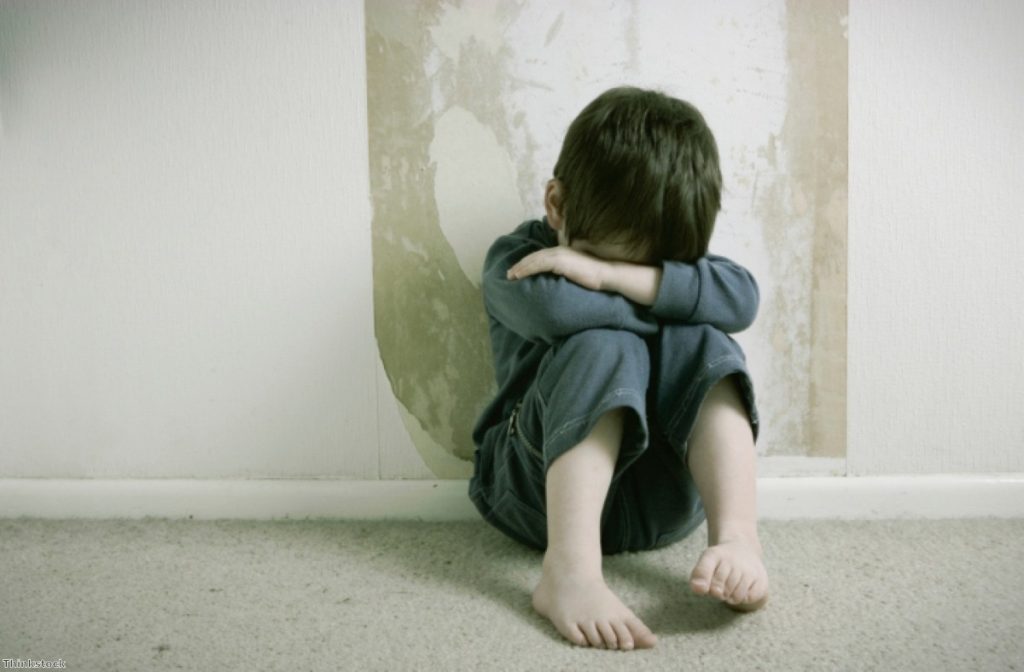A report released by the work and pensions committee today said the government must commit to a cross-departmental child poverty strategy.
The report, the first part of the committee’s wide-ranging inquiry into children in poverty, underscores the impact of poverty in childhood for children’s lived experiences now and in adulthood, including in health and education.
It comes amidst widespread concerns regarding the gas prices crisis alongside plans to cut Universal Credit and raise national insurance contributions.
Recent figures from the Nuffield Foundation show that 2.2 million UK families with one child under five are in poverty, a proportion that rises to 52 per cent among families with three or more children.


The committee’s report argues that a lack of clear leadership and focus has hindered efforts to reduce the number of children growing up in poverty in the UK and the government must now commit to a cross-departmental strategy given the scale of the challenge.
In addition to adopting a strategy with clear and measurable objectives, the report calls for the government to end its focus on absolute poverty, and instead reaffirm its commitment to tracking four income-based indicators, which also include relative poverty and broader material deprivation measures.
The quality, timeliness and completeness of data relating to child poverty must also be improved if it is to be measured properly, the report adds. It also recommends a single measurement framework bringing together all statistics relating to child poverty and deprivation.
Stephen Timms MP, chair of the work and pensions committee, said:
“Children growing up in the UK are far more likely to be living in poverty than adults. The coronavirus pandemic has only made matters worse for families who were already struggling to get by.
“The government’s published statistics on families in low income are so slow to produce that they still don’t cover the pandemic—even though HMRC and DWP hold a vast trove of real-time information about people’s incomes.
“At the moment, the government has no strategy and no measurable objectives against which it can be held to account. How can it hope to reduce child poverty when it doesn’t have a plan?”
Wes Streeting, shadow minister for child poverty, commented on the issue via Twitter ahead of the report’s release:
In opposition, we’re powerless alone to stop child poverty rising. In government, together we can end it.
Labour will make ending child poverty a national priority – led by Keir Starmer’s Number 10.
Let's all do our bit to get there. Eyes on the prize👇https://t.co/Mbp2LejVOq
— Wes Streeting MP (@wesstreeting) September 21, 2021









